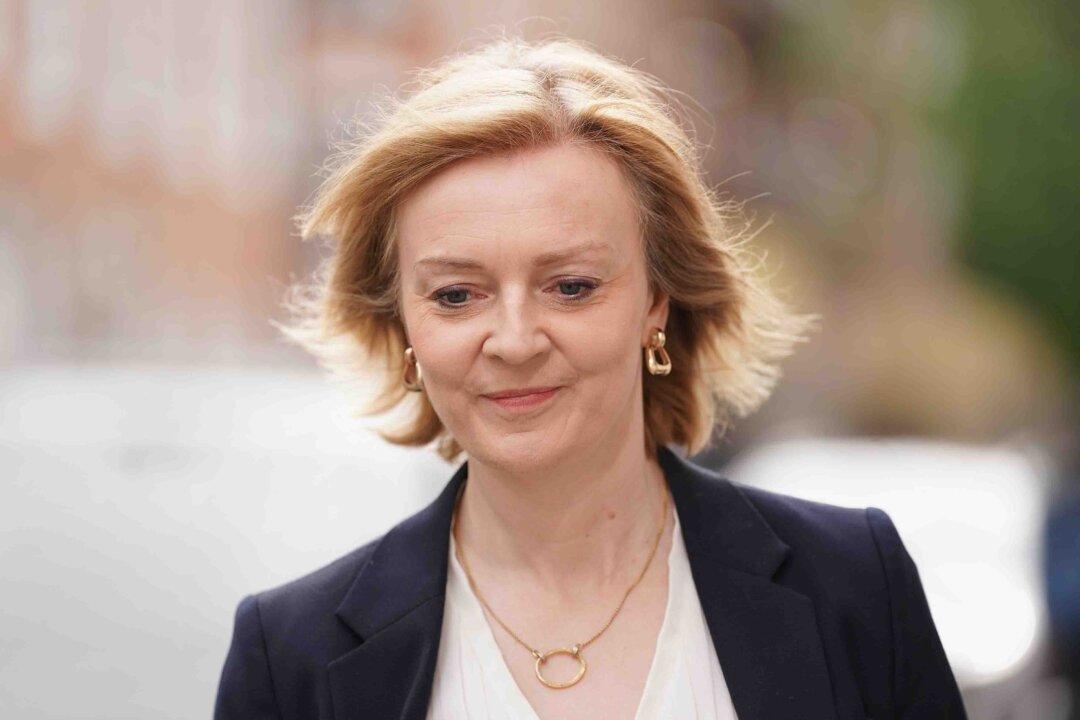Conservative Party leadership contender Liz Truss has dumped a policy to cut public sector pay by £8.8 billion ($10.75 billion) after being accused by the Labour Party’s deputy leader Angela Rayner of producing a “recipe for levelling down.”
On Monday night Truss, who is battling former Chancellor Rishi Sunak to become the party’s new leader and to succeed Boris Johnson as prime minister, suggested paying civil servants and other public sector workers less than their counterparts in London and the southeast of England on the basis that their cost of living is not as high because of lower rents, mortgages, and other prices.





